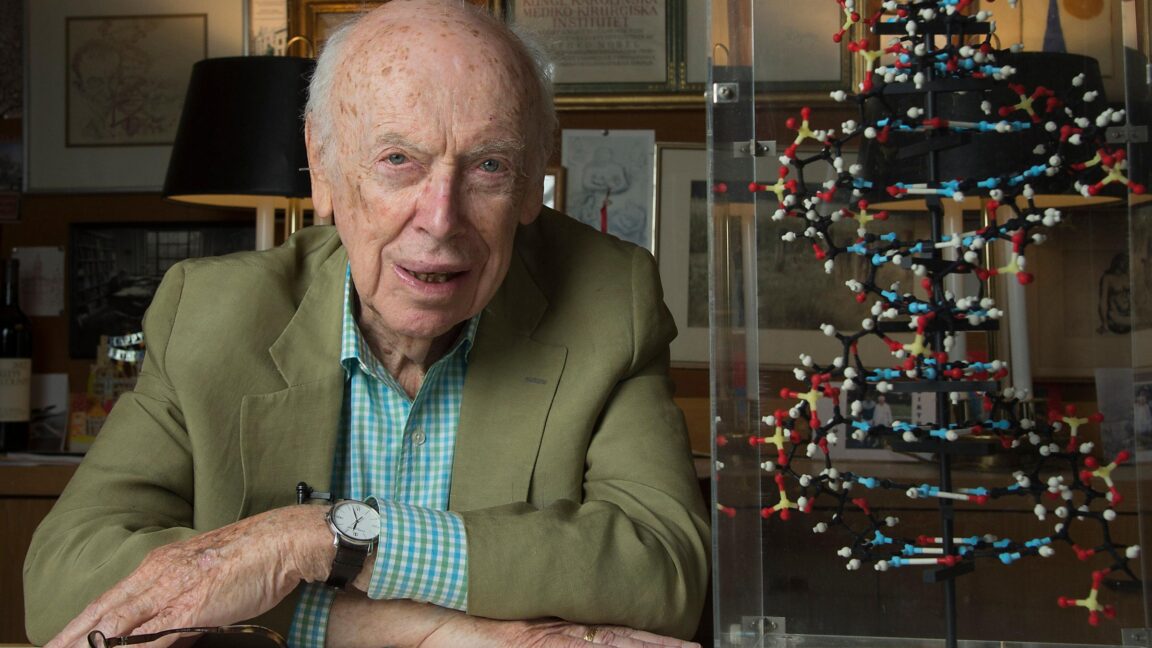Celebrated DNA Discoverer James Watson Passes Away at 97

James Dewey Watson, the pioneering scientist whose groundbreaking work unraveled the structure of DNA, has passed away at the age of 97. His contributions laid the foundation for modern genetics and genomics, shaping our understanding of biological inheritance.
Watson’s death was confirmed by his son Duncan, who shared that he died on Thursday in a hospice in East Northport, Long Island. The scientist had recently been hospitalized due to an infection. Cold Spring Harbor Laboratory, where Watson spent significant parts of his career, also officially announced his passing.
Legacy in Genetics and the Human Genome Project
Born in Chicago in 1928, Watson rose to scientific prominence in 1953 at only 25 years old when he and Francis Crick proposed the double-helix model of DNA. This discovery was instrumental in understanding how genetic information is stored and transmitted in living organisms. Their work was heavily based on Rosalind Franklin’s critical X-ray images, especially Photo 51, which revealed the twisted-ladder structure of DNA. Franklin’s contributions, however, were not fully recognized during her lifetime, as her work was shared without her knowledge by Maurice Wilkins, a colleague at King’s College London.
-
Revolutionary Humanoid Robot Unveils Impressive Lifting Power

-
Revolutionizing Air Travel: The Zero-Emissions Hydrogen-Electric Jet

-
US Agriculture Embraces Artificial Intelligence: Unlocking New Possibilities

-
Ancient Baby Mammoth Over 130,000 Years Old Dissected by Scientists in Russia: Stunning Photos and Insights

The Human Genome Project and Scientific Impact
Watson was also a key figure in initiating the Human Genome Project, an international effort to map and understand all the genes in human DNA. This monumental project has revolutionized medicine, biotechnology, and our understanding of human biology. Despite his scientific achievements, Watson’s legacy is complicated by his controversial statements on race and gender, which have sparked widespread criticism and debate over his public persona.
Controversies and Legacy
Throughout his later years, Watson became known for making racist, sexist, and offensive remarks, which overshadowed some of his scientific accomplishments. These statements have led to debates about separating scientific contributions from personal beliefs. Nevertheless, his role in molecular biology remains undeniable, and his work continues to influence research worldwide.
For more information on the history of DNA research and the Human Genome Project, visit reputable scientific resources such as the National Human Genome Research Institute.
